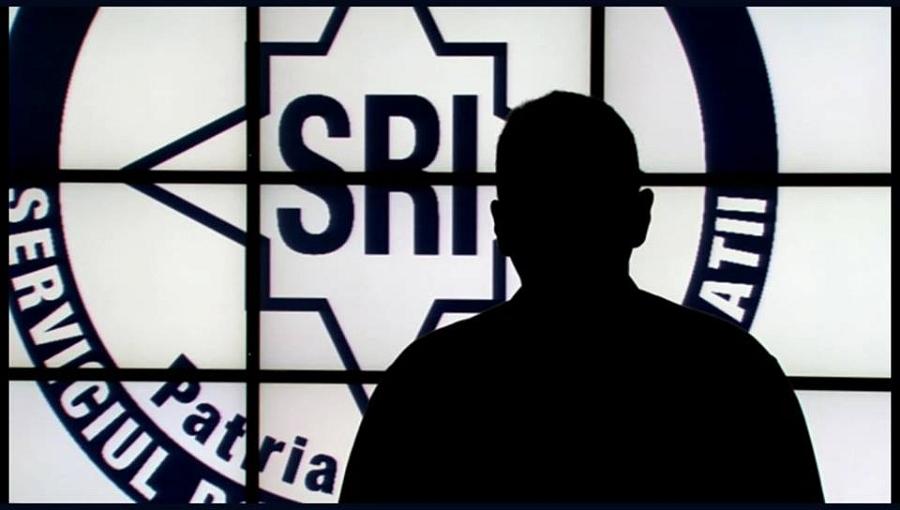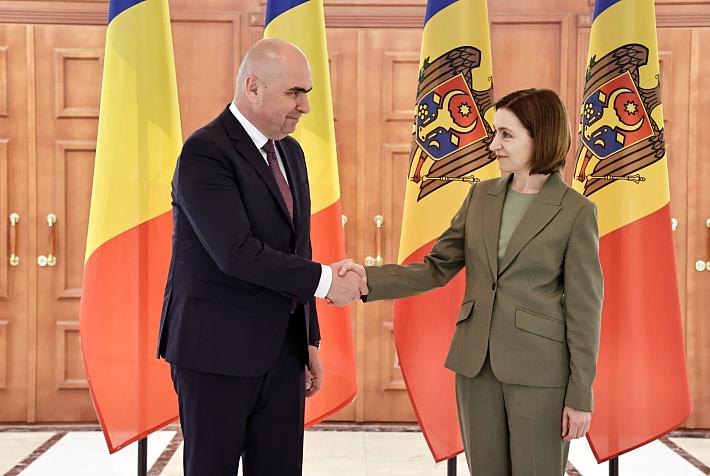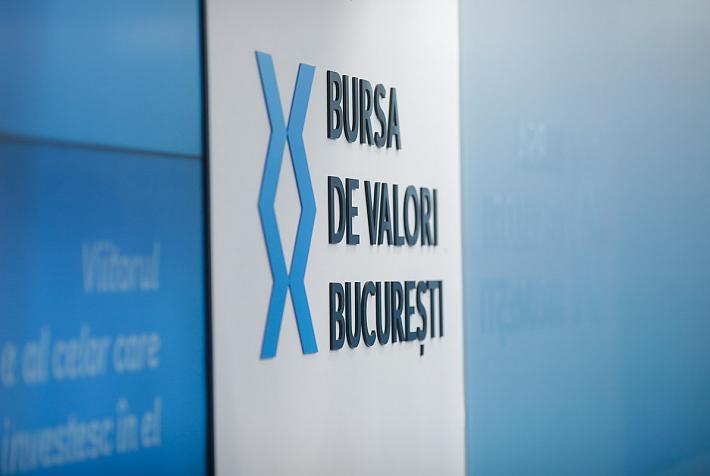Romanian intelligence service declassifies cooperation protocol with prosecutors

The Romanian intelligence Service (SRI) declassified at the end of last week the cooperation protocol signed in 2009 with the General Prosecutor’s Office, after requests from the ruling coalition.
The document was declassified after the Public Ministry said all conditions in current legislation are met for this.
The recently declassified document was signed in February 2009 by SRI deputy Florian Coldea and deputy general prosecutor Tiberiu Nitu and approved by Laura Codruţa Kovesi, then the country’s general prosecutor, and SRI director George Maior.
The protocol provided that SRI and the prosecution bodies, including the National Anticorruption Directorate (DNA) could form common operative teams to investigate crimes related to national security and other serious crimes. The protocol also provided that secret service agents would provide assistance to prosecutors in their investigations.
The two institutions agreed to collaborate in the activity of putting to use “information in the area of preventing and combating crimes against national security, terrorism, crimes corresponding to threats to national security and other grave crimes, according to the law.” The two bodies could work in complementary fields to elaborate and implement shared strategies, activities and programs.
According to the document, the exchange of information, data, and documents was to be done by prosecutors and officers especially tasked for this, with the approval of the SRI and the head of respective structure or unit within the prosecutor’s office. In exceptional cases, the exchange of information could be performed at an executive level.
The General Prosecutor’s Office could request the SRI to perform technical verifications concerning the identity of the person holding the phone number that was proposed to be supervised and to check data that came up throughout the process. The SRI was responsible for recording the communication activities, and sending the recordings to the Prosecutor’s Office, the document stipulated.
The protocol has a chapter dedicated to the collaboration between the SRI and the DNA. The two institutions worked together, under the conditions of the law, and the SRI provided technical support to the DNA for its tasks. The technical support consisted in “broadcasting the signal, the management and maintenance of broadcasting equipment at the SRI centers towards the spaces assigned to the DNA.” The DNA received the signal and transcribed the communication.
Upon written request from the General Prosecutor’s Office or territorial prosecutor’s offices, the SRI undertook “audio/video technical operations” based on authorizations issued by the courts in specific cases, and only through its designated officers. These activities were undertaken with the approval of the SRI director and only in cases of terrorism or acts against national safety.
The SRI was also to communicate to the Prosecutor’s Office with the Bucharest Court of Appeal data and clues concerning foreign citizens in Romania who "have undertaken, undertake or plan to undertake activities that could jeopardize national security."
Once the protocol came into force, previous protocols ceased to be applicable. These were the protocols closed between the SRI and the General Prosecutor’s Office between 2005 and 2006, the 2003 one between the SRI and the Anticorruption Prosecutor’s Office (PNA), and the 2007 protocol between the SRI and the Bucharest Court of Appeal.
Prior to the protocol’s declassification, the SRI spokesperson Ovidiu Marincea said there would be “no surprises” in the document, which covers the rules the two institutions apply while following the law, News.ro reported.
The request to declassify the protocol came amid the scandal revolving around suspicions that the SRI, Romania’s biggest secret service, has been interfering with the justice process and has been helping the DNA put away top level politicians. The allegations are part of a wider conflict between the current ruling coalition and the main prosecution bodies in Romania. The ruling parties, namely PSD and ALDE, have been claiming that there is an illegal power structure in Romania, made of SRI, DNA and other institutions, which aims to control the local political scene.
Meanwhile, the DNA and the Public Ministry have been saying that the ruling coalition’s assault on justice was only aimed at protecting the corrupt politicians, some of whom have already been sent to court, and discrediting the local justice institutions.
Reacting to the declassification, justice minister Tudorel Toader wrote in a Facebook post that he appreciated the action and said “the truth must come out.”
On the same subject, the Senate president Călin Popescu Tăriceanu commented that “things need to be taken all the way” because there was “an unhealthy brotherhood that worked against the generally accepted principles for a democratic society,” News.ro reported.
Former president Traian Băsescu said he was never informed of the existence of the protocol, according to local Mediafax. The protocol was closed during his mandate.
In his turn, Codrin Ştefănescu, the deputy general secretary of the ruling Social Democrat Party (PSD), said the recently published protocol showcases the ugliness of the “parallel state.” Deputy Marian Cucşa, vice-president of the ruling coalition party ALDE, also argued that the document is a conformation of the existence of the "parallel state," of the undemocratic power pole created around the collaboration between the SRI and the prosecutors. The parallel state has been described by the PSD as a structure trying to “take control” of the local political scene using public resources.
Deputy Lucian Stanciu-Viziteu, representing the opposition party Save Romania Union (USR), requested the Superior Council of Magistracy (CSM) to analyze the protocol to see if it includes elements that are not legal or which affect the independence of justice. He also said any debate on the topic should be held by specialists and not become a “new witch-hunt.”
The protocol can be read in Romanian here.
editor@romania-insider.com











